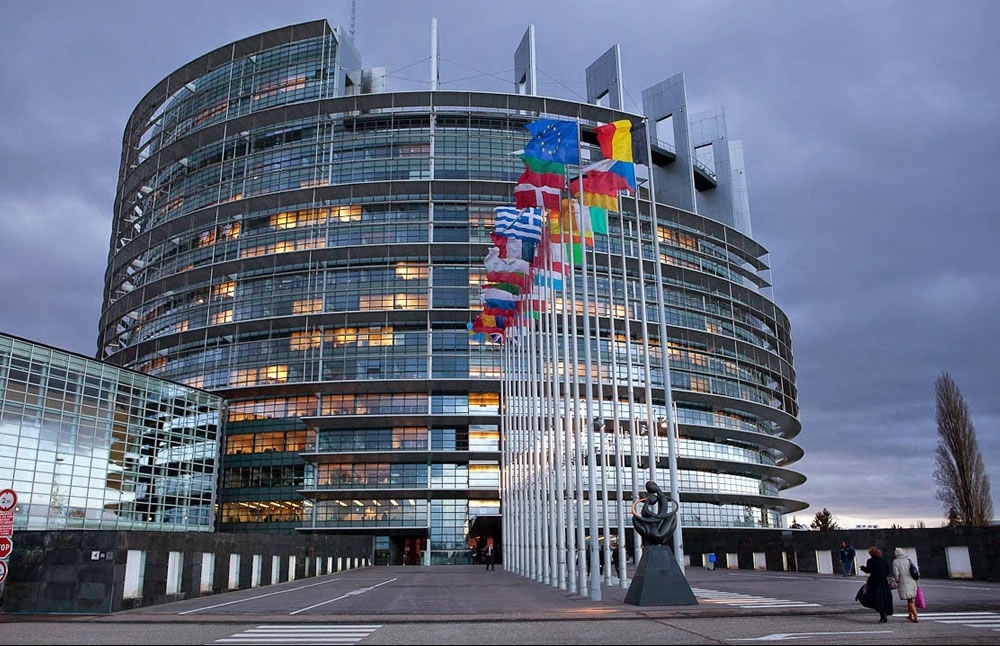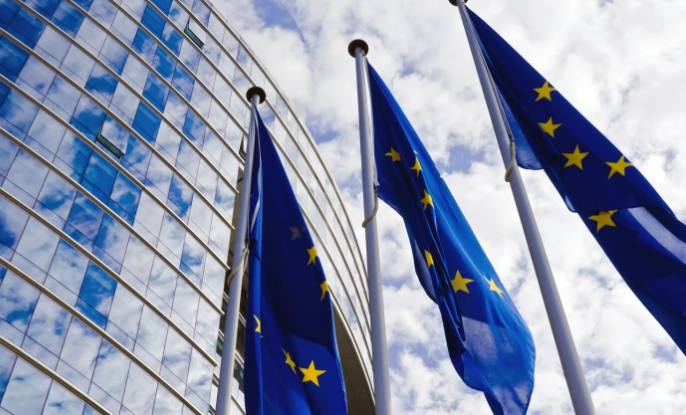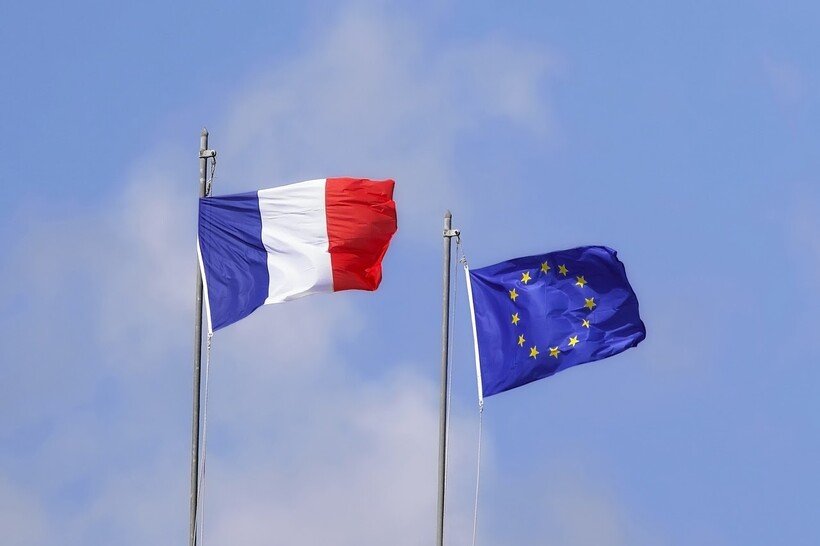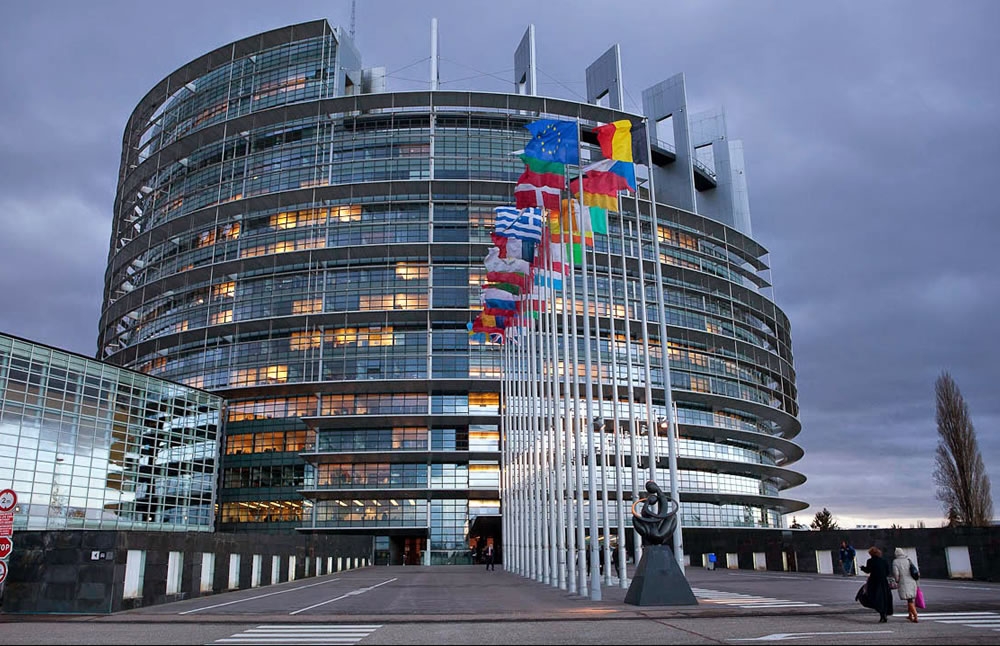The Future of the CSRD in Question: Why the EU's Largest Economies Can't Agree
The ongoing clash between Europe’s economic giants over the CSRD is more than a debate — it's a defining moment for the EU’s future. Can the bloc truly lead the way on sustainability without jeopardising its competitiveness? As Spain and Italy champion tougher green standards, while Germany and France push for breathing space, the stakes couldn’t be higher. The EU stands at a crossroads, where the balance it strikes will not only determine its economic trajectory but could reshape its role as a global frontrunner in sustainable business. The next moves will be critical — will the EU innovate or falter?

In February 2025, the largest economies of the European Union — Spain, Italy, Germany, and France — showed significant differences of opinion regarding the implementation of the Corporate Sustainability Reporting Directive (CSRD). This directive, adopted in December 2022, aims to strengthen the requirements for disclosing companies' impacts on the environment and society. However, the approaches to its implementation vary greatly among the leading EU countries.
European Commission Initiative
The European Commission is planning to present an initiative next week aimed at simplifying environmental standards for businesses, with the goal of enhancing the competitiveness of European industry. This proposal is viewed as a response to US President Donald Trump’s promise to revoke similar standards.
As part of this initiative, several key policies will be reviewed, including the Corporate Sustainability Reporting Directive (CSRD), the Due Diligence Directive, and the EU Taxonomy system for classifying climate-friendly investments.
Spain and Italy's Position
Spain is opposed to weakening environmental standards and is urging the European Commission to maintain strict corporate reporting requirements. In a letter signed by Minister for the Environment, Sara Aagesen, and Minister for Economy, Carlos Cuervo, it is emphasised that the Due Diligence Law, which will require companies to assess risks in supply chains from 2027, reinforces EU values and should remain unchanged. However, Spain supports deferring the implementation of reporting rules for small and medium-sized enterprises but insists that they be applied universally in the future.
Italy, represented by Finance Minister Giancarlo Giorgetti, also disagrees with a blanket delay of the CSRD for large companies, which are due to begin reporting this year. However, Italy proposes extending deadlines and simplifying the requirements for small firms, which must comply with the directive from 2026, and is considering a delay for the Due Diligence Law.
Germany and France's Position
In contrast, Germany and France are advocating for significant changes to EU environmental standards. In December, Germany proposed a two-year delay for the implementation of the CSRD, citing concerns about its potential impact on 13,000 German companies. France, in turn, called in January for an indefinite delay of the Due Diligence requirements and a two-year postponement of the CSRD.
Strategic Outlook
The disagreements among Spain, Italy, Germany, and France underline the EU's challenge in balancing sustainability ambitions with economic realities. Spain and Italy prioritise rigorous environmental regulations to preserve the EU's global sustainability leadership. They argue that consistent standards for all businesses will foster long-term innovation in green technologies.
Germany and France, on the other hand, stress the need for a more flexible, phased approach to allow businesses, particularly small and medium-sized enterprises, to adapt without compromising their competitiveness.
The EU must navigate this divide by crafting a solution that balances stringent environmental goals with economic flexibility. This may involve targeted support for businesses in transition, especially those in high-risk sectors. By doing so, the EU can maintain its role as a leader in sustainable regulation while encouraging innovation and safeguarding economic resilience.



